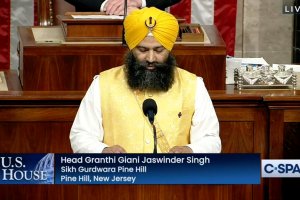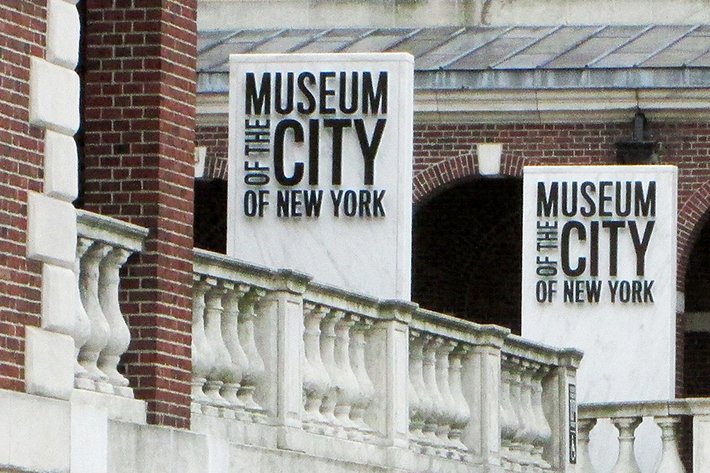As India braces for a third wave of COVID-19 infections that have left nearly 400,000 people dead and devastated the country’s fragile healthcare system, faith-based Sikh nongovernment organizations are providing life-saving oxygen concentrators free of cost to people who have trouble breathing because of the disease.

A deep irony underlies the initiative: Just a few months earlier, supporters of India’s right-wing Hindu nationalist government and major mainstream media organizations branded India’s minority Sikh community “anti-national” and “secessionist” because many of its members supported Indian farmers from the Sikh-majority state of Punjab who were protesting new agricultural laws widely believed to be unfair and unjust.
“We don’t have any malice in our hearts even for those who leveled unimaginable allegations against us,” said Gurpreet Singh, an administrator at Khalsa Aid India, a humanitarian nonprofit organization that, along with the Delhi Sikh Gurdwara Management Committee, a religious organization, has mobilized thousands of volunteers to distribute oxygen concentrators. These devices extract oxygen from the air by removing the nitrogen in it, thereby obtaining a higher concentration of oxygen than the ambient air. (Khalsa Aid was also among a number of organizations that distributed food and water heaters to protesting farmers this past winter.)
Another organization at the forefront of efforts by Sikh organizations offering relief to people suffering from COVID-19 symptoms is the Hemkunt Foundation. When the second wave of COVID-19 cases hit India in April, the Foundation’s Community Development Director, Harteerath Singh, led a team of volunteers who provided free oxygen cylinders to people in need.
The team set up an “oxygen langar” in Gurugram, a city on the outskirts of New Delhi, where the foundation’s headquarters are based. (The city was previously named Gurgaon.) Long lines formed outside the “langar,” a word in the Punjabi language used to describe a free community kitchen at Sikh “gurdwaras,” or temples. So great was the demand for the foundation’s services that it set up a makeshift oxygen center capable of accommodating up to 500 people at a time.
Harteerath Singh contracted the coronavirus twice. After taking some time off to recover, he returned to lead his team and continue its humanitarian effort in keeping with the Foundation’s motto: “Sarbat da bhala.” The Punjabi phrase, derived from Sikh scripture, means “welfare for all.”
Hemkunt Foundation was founded in 2010 by Harteerath Singh’s father, Irinder Singh Ahluwalia. “It began as a passion project, just to do our part in giving back,” said Harteerath Singh, whose family narrowly escaped being swept away by flash floods caused by an enormous cloudburst during a 2013 pilgrimage to Gurdwara Hemkund Sahib, one of the most sacred Sikh shrines, in the Himalayas. Thousands of pilgrims were killed in the disaster, which left an enduring impression on Harteerath Singh and his family.
It’s not surprising to see Sikh NGOs engaged in humanitarian endeavors, not least because “seva,” or service, regardless of class, caste, gender or religion, lies at the core of the Sikh faith.
“Our religion taught us just one thing,” said Gurpreet Singh of Khalsa Aid. “Recognize the whole human race as one.” Besides, he added, “the satisfaction you get when you serve someone is inexplicable.”
____________________
The Church of Scientology publishes this blog to help create a better understanding of the freedom of religion and belief and provide news on religious freedom and issues affecting this freedom around the world.
The Founder of the Scientology religion is L. Ron Hubbard and Mr. David Miscavige is the religion’s ecclesiastical leader.
For more information, visit the Scientology website or the Scientology TV network.


